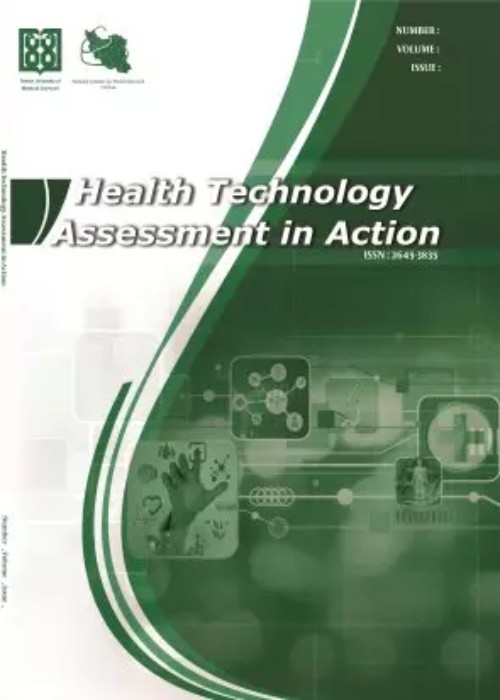Relationship between spouse abuse, obsessive-compulsive disorder, and predictors of domestic violence in women visiting comprehensive urban health service centers in Birjand
Spouse abuse is a major human problem in many communities, which not only has legal aspects but also considerably affects family as the primary social institution. The aim of this study was to determine the relationship between spouse abuse, obsessive-compulsive disorder (OCD), and predictors of domestic violence in women referring to comprehensive urban health services centers in Birjand.
In this descriptive-analytical study, 475 women referring to comprehensive urban health services centers in Birjand were selected via cluster sampling method. Data were collected using a demographics form, Samuee’s standard Spouse Abuse Scale and Rabie’s Behavioral Measurement Scale for Obsessive-Compulsive Disorder. The collected data were entered into SPSS 16 software and analyzed using Mann-Whitney, Kruskal Wallis, and Spearman non-parametric tests. The level of significance was set at α = 5%.
The mean scores of OCD and domestic violence in the studied women were 9.7 ± 5.1 and 77.1 ± 27.9, respectively. Of all the participants, 86.5% had experienced mild violence, 9.3% moderate violence, and 4.2% severe spousal violence. Moreover, 42.9% of women were suffering from OCD. The mean score of violence was significantly higher in addicted women, women with OCD, and women with unemployed, low-educated, or addicted spouses (P <0.05). Furthermore, women who had a history of family conflict or parental conflict were significantly influenced by violent, high-risk, and arrogant behaviors of spouse. The mean score of violence was significantly correlated with some components of OCD, age of women and their spouse, and duration of marriage (P <0.05). OCD was determined as a good predictor of violence against women (P <0.05).
It seems that many psychological problems of women such as anxiety and OCD can be attributed to unpleasant consequences of family violence. On the other hand, anxiety and OCD can increase the level of incompatibility in women and make them more vulnerable to violence. Therefore, the identification of cases of violence and spouse abuse as well as the timely detection and treatment of OCD in women can ensure the physical, emotional, and psychological security of women in a family, and thereby contribute to the stability of the family and community and reduce social harms.
- حق عضویت دریافتی صرف حمایت از نشریات عضو و نگهداری، تکمیل و توسعه مگیران میشود.
- پرداخت حق اشتراک و دانلود مقالات اجازه بازنشر آن در سایر رسانههای چاپی و دیجیتال را به کاربر نمیدهد.


